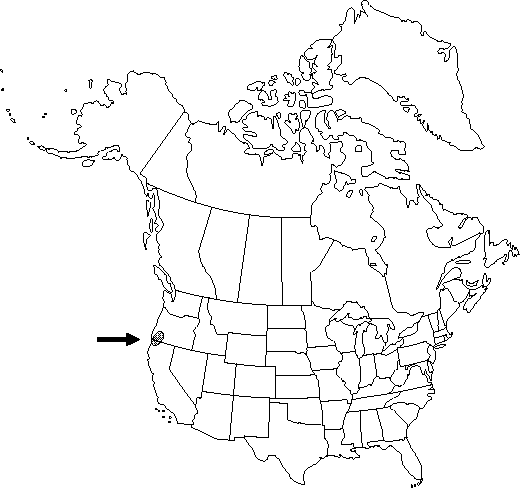Difference between revisions of "Asarum marmoratum"
Proc. Biol. Soc. Wash. 29: 99. 1916.
FNA>Volume Importer |
FNA>Volume Importer |
||
| Line 36: | Line 36: | ||
-->{{#Taxon: | -->{{#Taxon: | ||
name=Asarum marmoratum | name=Asarum marmoratum | ||
| − | |||
|authority=Piper | |authority=Piper | ||
|rank=species | |rank=species | ||
| Line 51: | Line 50: | ||
|publication year=1916 | |publication year=1916 | ||
|special status=Endemic | |special status=Endemic | ||
| − | |source xml=https://jpend@bitbucket.org/aafc-mbb/fna-data-curation.git/src/ | + | |source xml=https://jpend@bitbucket.org/aafc-mbb/fna-data-curation.git/src/f50eec43f223ca0e34566be0b046453a0960e173/coarse_grained_fna_xml/V3/V3_930.xml |
|genus=Asarum | |genus=Asarum | ||
|species=Asarum marmoratum | |species=Asarum marmoratum | ||
Revision as of 21:32, 16 December 2019
Rhizomes erect or ascending, deeply buried, internodes 0.2-1.5 cm. Leaves: petiole 5-20 cm, sparsely crisped-hirsute. Leaf blade almost always variegate with white or silver along veins, cordate to cordate-reniform, 4-14 × 3-12 cm, apex acute to broadly acuminate, rarely obtuse; surfaces abaxially sparsely hirsute, adaxially glabrous or sparsely hirsute along veins, marginal hairs ± perpendicular to margin. Flowers erect or nearly so; peduncle 1.2-1. calyx tube subglobose, externally mottled red, sparsely to moderately hirsute, internally dark red, with purple hairs; distal portion of sepal erect or spreading at anthesis, 17-52 mm, apex filiform-attenuate, abaxially pale green, hirsute, adaxially tan or brownish green, rarely red proximally, puberulent with crisped purple hairs; pollen sacs 0.8-2.4 mm, sterile tip of connective on inner stamens dark red-brown, 1.2-3.8 mm, longer than pollen sacs.
Phenology: Flowering late winter–spring (Mar–Jun).
Habitat: Understory of dry or mesic forests, or exposed rocky slopes or roadcuts
Elevation: 200-1800 m
Discussion
Asarum marmoratum is found only in the Cascades and the Siskiyou Mountains of southern Oregon and extreme northwestern California (M. R. Mesler and K. L. Lu 1990).
Selected References
None.
